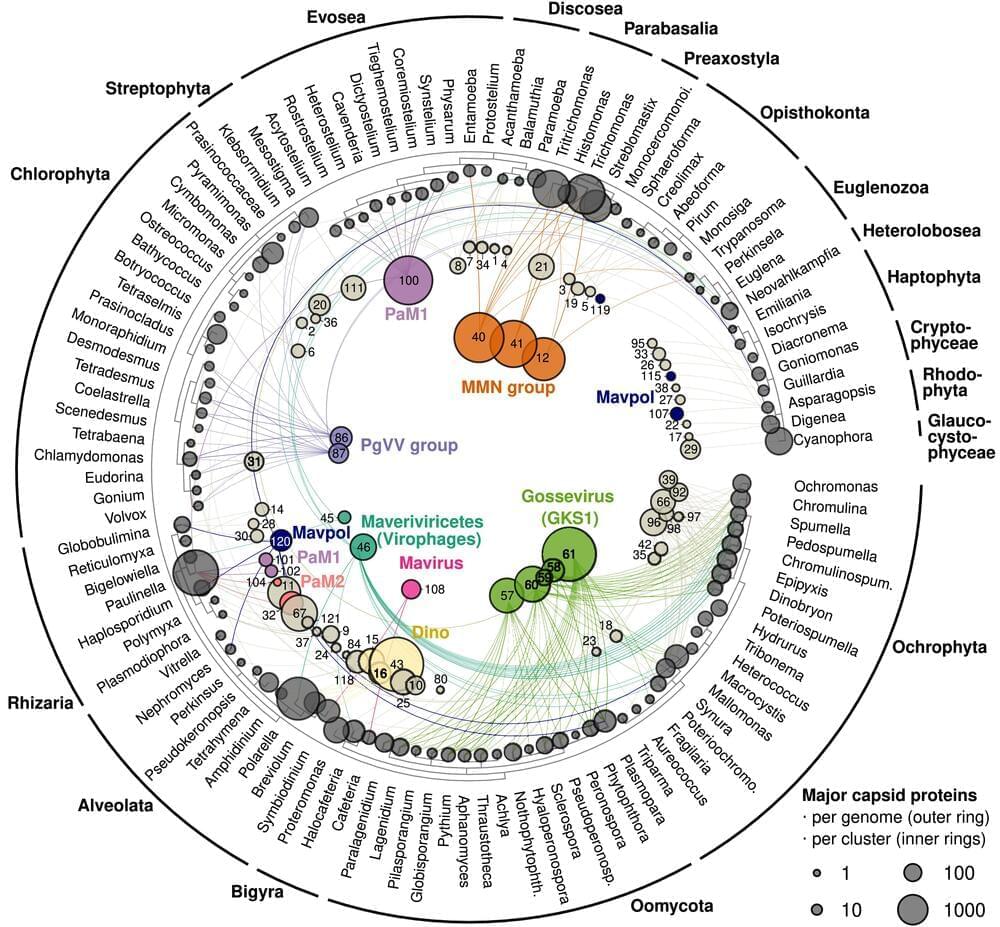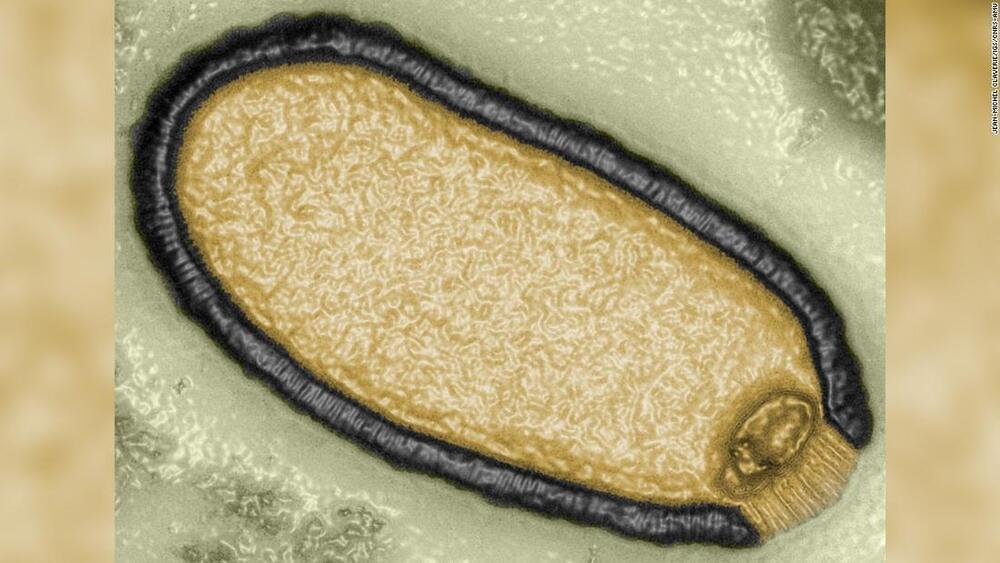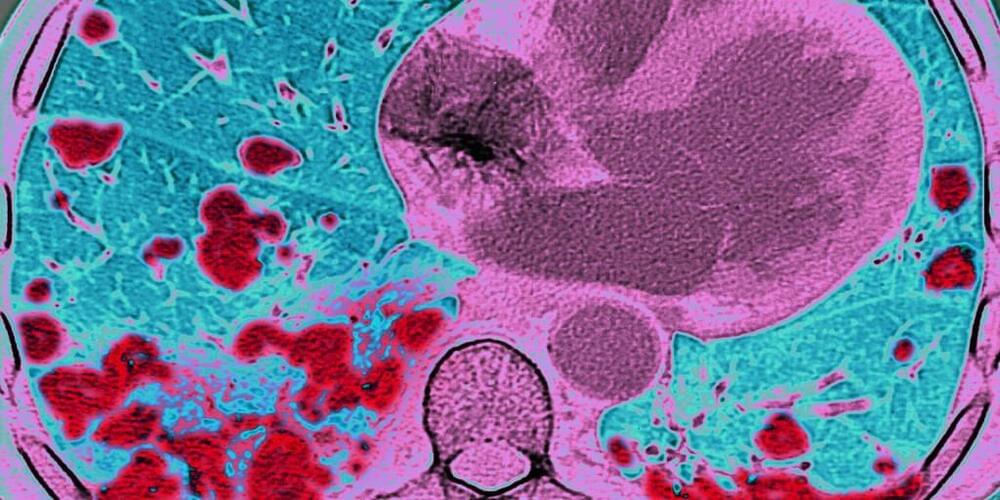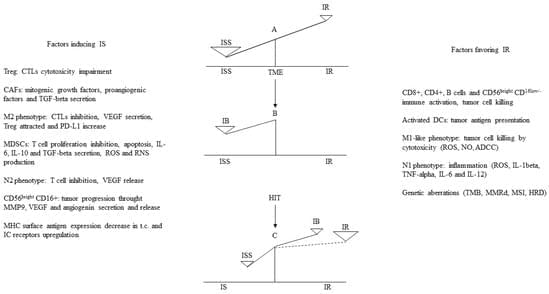For copyright contact: stienlemane2379(at)gmail.com.
Welcome to Futureunity, where we explore the fascinating world of science, technology, and the universe! From the inner workings of the human body to the outer reaches of space, we delve into the latest and most interesting discoveries that are shaping our world. Whether you’re a science buff or just looking for some mind-blowing facts, we’ve got you covered. Join us as we uncover the mysteries of the world around us and discover new frontiers in the fields of science and technology. Get ready for a journey that’s both educational and entertaining!
Disclaimer Fair Use:
1. The videos have no negative impact on the original works.
2. The videos we make are used for educational purposes.
3. The videos are transformative in nature.
4. We use only the audio component and tiny pieces of video footage, only if it’s necessary.
Copyright Disclaimer under section 107 of the Copyright Act 1976, allowance is made for “fair use” for purposes such as criticism, comment, news reporting, teaching, scholarship, education, and research. Fair use is a use permitted by copyright statutes that might otherwise be infringing.
Disclaimer:
Our channel is based on facts, rumors & fiction.








